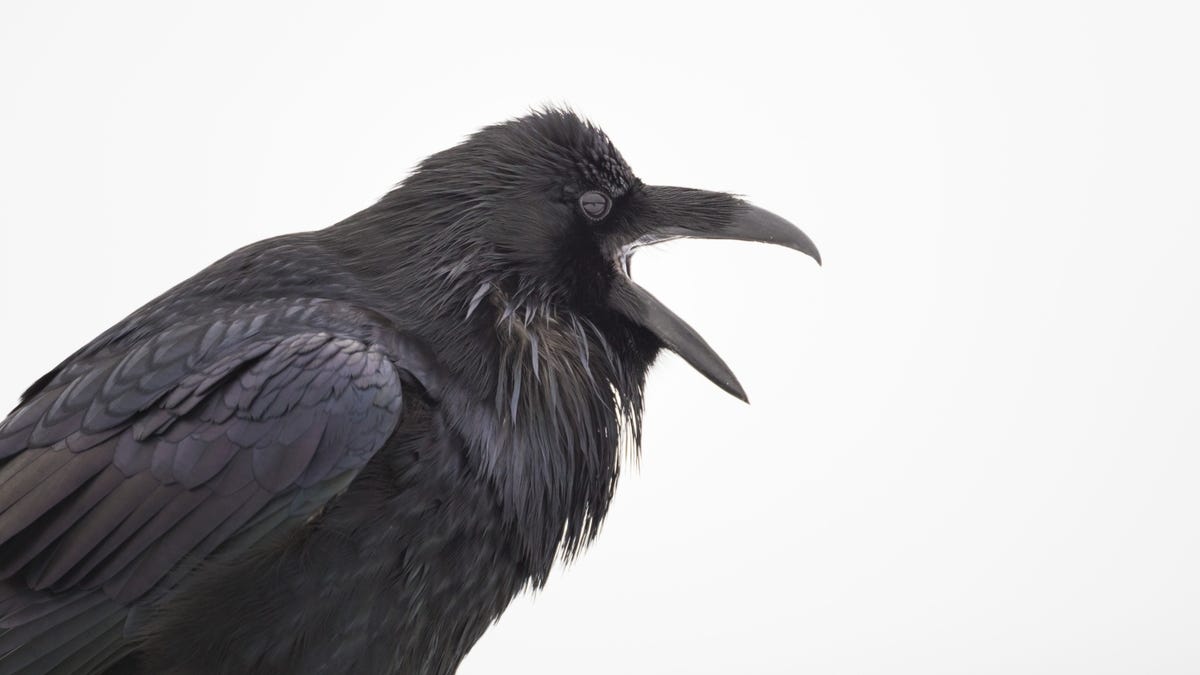Ravens are smart enough to feel paranoid
The birds show cognitive processes previously thought to belong exclusively to humans: the ability to imagine being spied on.
If ever there were birds destined to take over the world, it would definitely be corvids. More specifically, ravens and crows seem to be the most intelligent of all birds.
The latest research into raven smarts demonstrates that the birds have something previously thought to be exclusively human, called the Theory of Mind. This means they are able to imagine what might be happening in someone else's thoughts and adjust their behaviour accordingly.
The study, published last week in the journal Nature Communications, was conducted by Thomas Bugnyar and his team at the Department of Cognitive Biology at the University of Vienna.
The team found that ravens take more care when hiding their food in caches if they think another raven could be watching them. Behaviour of this nature has been observed before in corvids and primates, but there is a loophole. The more covert behaviour of the raven hiding the food could be put down to the head orientation and line of sight of the observing raven, that is, a response to the behaviour of other ravens.
The diagram shows the different stages of the experiment.
In order to rule this out, the team carefully constructed an experiment. Two ravens were placed in adjoining chambers, separated by a wooden wall into which was set two windows. Shutters allowed the closure of windows. Into each shutter, a peephole was set, which could be opened and closed independently.
Ravens in particular have been observed taking extra care when they can see a competitor. The team also took into account the behaviour of scrub-jays, which can infer the presence of a competitor based on sound.
All 10 ravens used in the study were familiar with the window shutters, but not the peepholes. To establish a baseline for observed and unobserved caching behaviour, the researchers examined how the ravens cached food with the window shutters both open and closed. The peepholes remained closed.
Next, the ravens were individually trained how to use the peepholes to observe and recover caches installed by the humans. Finally, the ravens were given food to hide with the window shutter closed, but the peephole open and closed, with the observing room empty but audio playing of raven sounds. The raven hiding the food behaved much more carefully with the peephole open.
"This strongly suggests that ravens make generalisations based on their experience, and do not merely interpret and respond to behavioural cues from other birds," explained Bugnyar.
"The results indicate that ravens mentally integrate information about the others' audible presence and their own visual experience of seeing through the peephole, which fits one of the recent hypotheses of how a Theory of Mind could work."


